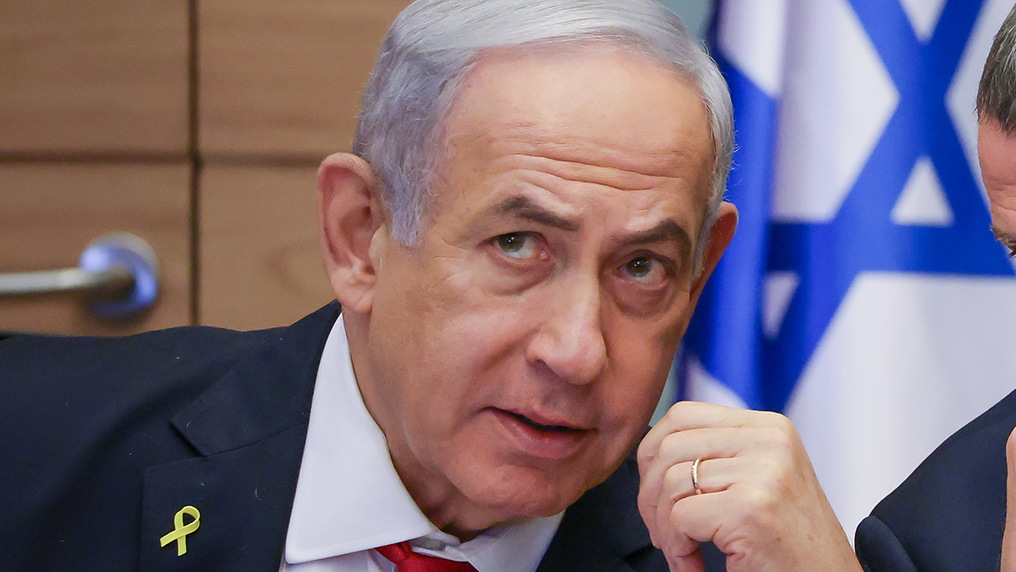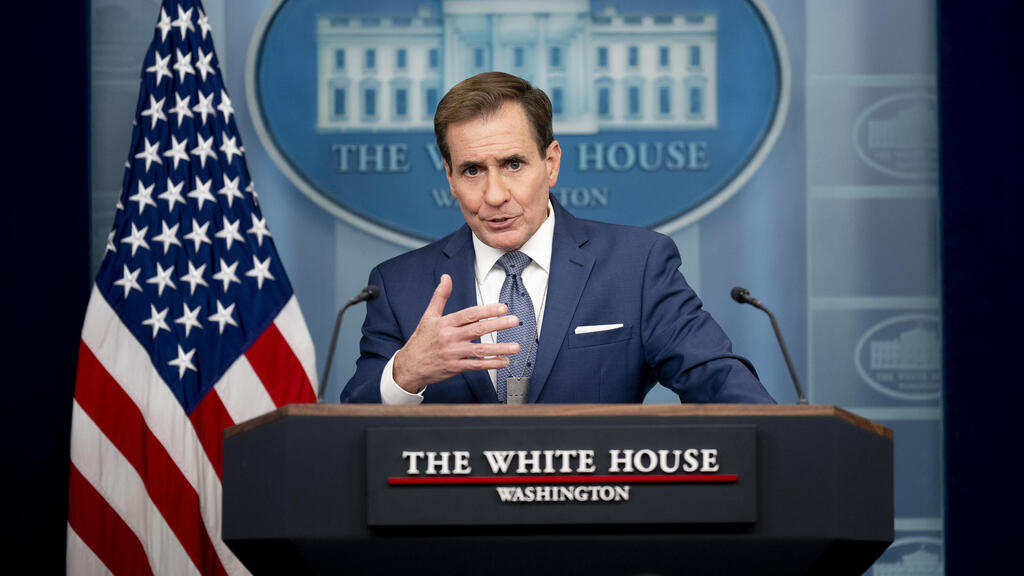Getting your Trinity Audio player ready...
Prime Minister Benjamin Netanyahu said Sunday that only half of the 101 hostages still held in Gaza by Hamas are alive, and denied that he is responsible for the stalling of the hostage talks
The information presented to the Knesset Foreign Affairs and Defense Committee earlier on Sunday was based on assessments made in Israel before the execution of six hostages in a tunnel in Rafah. Prior to that, Israel estimated that around 57 hostages were still alive. Now, after the execution, that number has dropped to 50-51 hostages.
Netanyahu also denied allegations that he was obstructing a potential deal. At one point, he lost his composure, pounded the table, and expressed frustration over "fake reports" claiming he was hindering a hostage exchange or ceasefire in Gaza. He said U.S. envoy, Amos Hochstein, had confirmed that Hamas was the one blocking progress. Netanyahu emphasized that he had agreed to all of the U.S. conditions for the deal, but Hamas refused.
The White House corroborated this view. "We haven't made progress in the last two weeks, not for lack of trying. But it doesn’t appear that [Yahya] Sinwar is willing to negotiate in good faith – especially after the execution of six hostages in a tunnel, which seems like a deliberate act of murder," National Security Council spokesman John Kirby said. "It looks like Sinwar doesn’t want to move forward, but that doesn’t mean we aren’t trying. Things seem unrealistic until they aren’t, so our team continues to engage with the Israelis, Qataris, and Egyptians to push for progress."
While the White House has denied reports suggesting the Biden administration doesn't expect a deal before the U.S. presidential election, sources familiar with the negotiations said. "The Americans have adopted a strategy of solely blaming Sinwar because they don’t want, and can’t afford, to confront Israel for fear of alienating Jewish voters. Ultimately, the U.S. won’t succeed because in order to secure a deal, they would have to pressure Netanyahu and that would hurt them politically. So they won’t do it."
The sources also claimed that Netanyahu currently has no political incentive to push for a deal, and one would not happen unless Israel changes its position on the Philadelphi Corridors and the Rafah border. They explained that Netanyahu’s decision to insist on maintaining control along Gaza's border with Egypt caused Sinwar to harden his stance, leading both sides to take increasingly rigid positions.
The sources concluded that for a deal to move forward, both sides must show a willingness to compromise.





